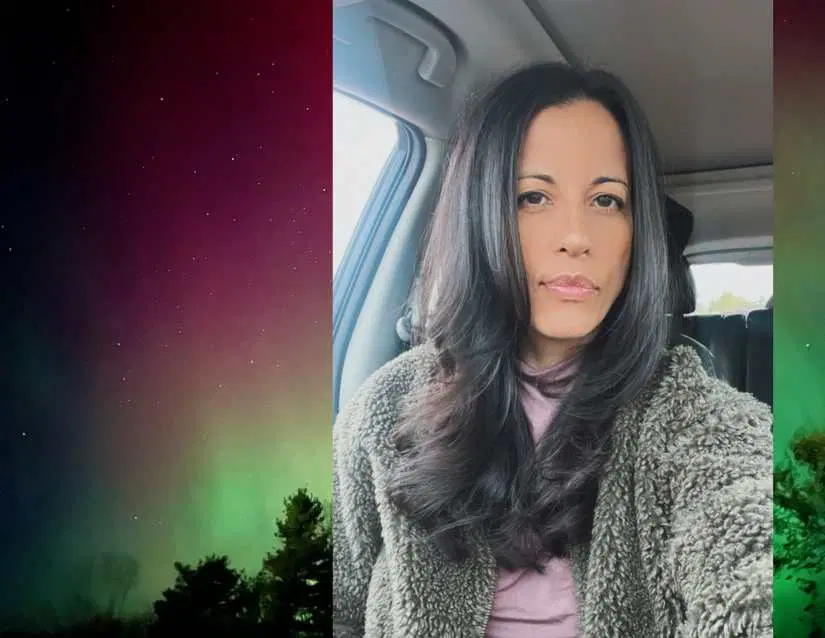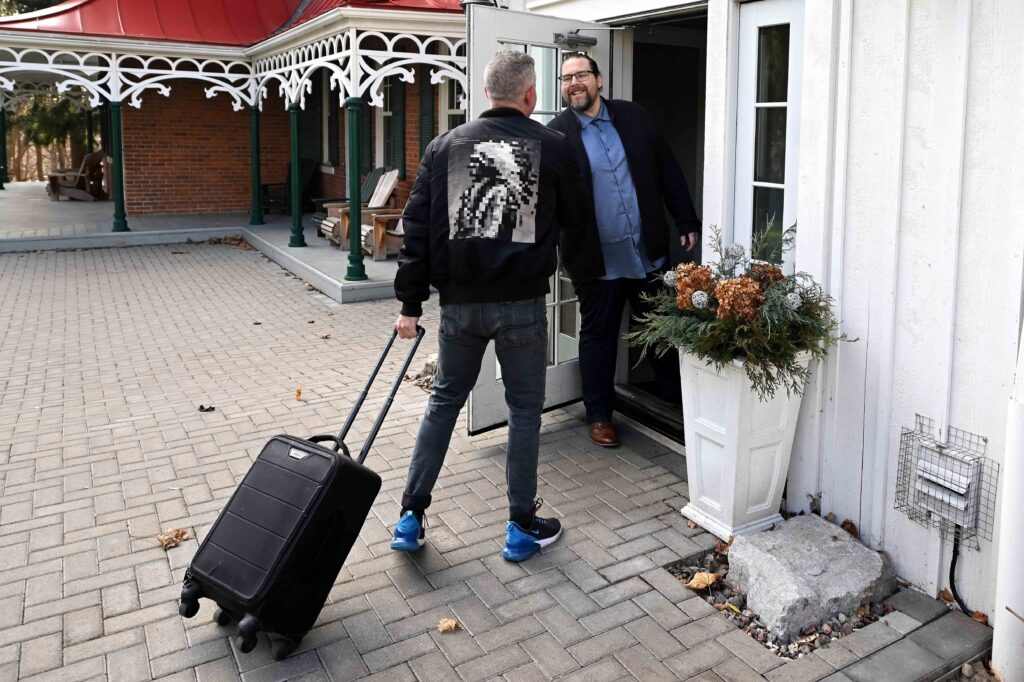Andrea grew up in the shadow of alcoholism, shaped by the patterns she saw around her.
“What I knew was whatever I had been exposed to,” she reflects. “And even at a young age, drinking became my way of dealing with trauma.”
Over the ensuing years, she faced multiple losses, crises, and heartbreaks – and found herself returning to alcohol more and more.
“I had abandoned self-love,” she reflects, “and I needed to find my way back to real, meaningful connection.”
She attended Renascent’s Virtual Intensive Treatment Program, where she found healing in both the structure and support it offered.
“I liked the routine of it,” she says. “Even though it was virtual, it felt like I was part of something again – which matters, especially when you live in a remote area. It was such a welcoming, approachable environment, and people were so kind. I learned to let go of so much that was not keeping me at peace.”
She says her time at Renascent also reminded her of the importance of reconnecting with herself through grounding, journalling, meditation, conversation, and therapy. “Renascent taught me to go back to the child inside and to nurture her, to address the pain. I was able to remove myself from quite a bit of shame, and that’s a wonderful feeling that has stayed with me.”
In recovery, however, Andrea faced new challenges – including the heartbreak of her young son’s leukemia diagnosis. “The minute I quit drinking, I thought I had solved all my problems,” she reflects. “But there were a lot still to come.”
Navigating illness, job loss, and a tumultuous relationship, she has nevertheless remained committed to all aspects of her recovery – including ongoing therapy to address difficult traumas from her past.
“I knew inside that alcohol wasn’t the issue, codependency in other areas of my life was,” she says. “So I’ve been working on that. I truly have a village supporting me – my mother, my siblings, and my children – and I’m incredibly grateful.”
She credits the power of this community with much of her recovery, returning to the idea that connection is paramount to the human experience.
“We need to connect,” she affirms. “It’s the only way to sustain ourselves. Connection takes many forms: it could be a quick phone call with your sponsor, it could be attending a meeting, it could be giving back. For me, connection has included returning to what I love: music, art, gardening, my family.
The opposite of addiction is connection, and I’m just starting this new human journey.”

